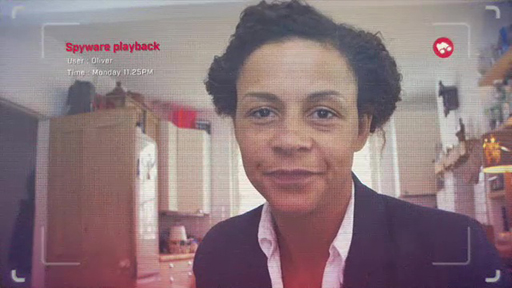3.3 Applying understandings of monogamy and infidelity
You have just read a brief overview of the various empirical traditions of research around monogamy versus infidelity in humans. As you will have noticed from this incomplete summary, there is a lack of a clear agreement by researchers about whether human infidelity is an evolved predisposition, genetically influenced, potentially adaptive and ‘natural’, versus whether it is something that is culturally and temporally fluid, socially constructed (as discussed in Activity 2.6 [Tip: hold Ctrl and click a link to open it in a new tab. (Hide tip)] ).
This area is therefore a good example of one in which different researchers draw quite different conclusions, based on the different evidence they use, their starting position in terms of ontology and epistemology, as well as broadly, their approach to ‘doing science’, and their research aims (think here about the specific aims of the research examining infidelity in order to improve AIDS reduction public health initiatives). It is also possible (though this is more accepted by qualitative than quantitative researchers usually) that the different approaches taken by researchers also reflects their personal and cultural positioning, and even their values and beliefs on the topic.
In the next activity you are going to consider what these theories might mean for how you think about infidelity in Rhianna and Oliver’s relationship.
Activity 3.3 I-Spy episodes 2 and 3
Watch the next two films in the series. In the videos you can see Rhianna’s reaction to finding out that Oliver has been chatting with Minnie and what she does next.

Transcript: I-Spy episode 2

Transcript: I-Spy episode 3
In the text box below, write down what theory of monogamy you think Rhianna might endorse (e.g. as natural/evolved versus socially constructed). What might be the implication of Rhianna’s view of monogamy for working with her therapeutically if she walked into your counselling room the day after the events in episode 3 occurred?
Discussion
Rhianna does not seem to question that what Oliver is doing is a violation of the couple agreement; as such it could be argued that she is accepting the idea that monogamy is not only morally right but also natural for couples. She also talks about how a friend almost lost her house after her marriage broke up, so she is showing concern around the potential impact on her (and her and Oliver’s son) financially/in terms of resources if the relationship with Oliver ends. According to researchers who argue for an evolutionary origin to monogamy, this worry over resources is what women are most concerned with (but you might not agree!).
All of this might imply that Rhianna would see monogamy as something that has evolved because it is better for couples/humans. If this is her view it could potentially be harder for her to explore more complex understandings of both her own and Oliver’s behaviour, as a counsellor/psychotherapist might wish her to do in therapy.
3.2 Social context and monogamy
